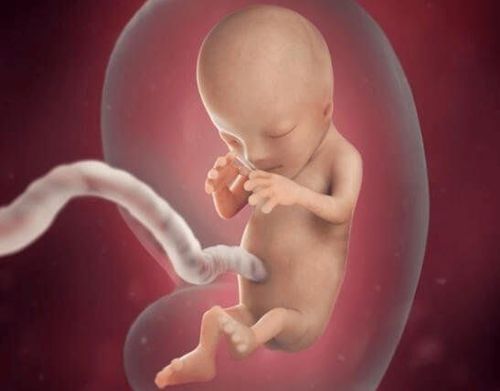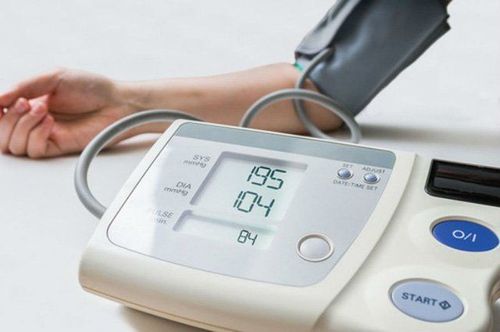Nội dung bạn đang tìm kiếm không có phiên bản tiếng Việt.
Vui lòng chọn tiếp tục để xem nội dung tiếng Anh hoặc đi đến trang chủ Tiếng Việt.
Rất xin lỗi về sự bất tiện này.

Home
Tag BRCA2
Articles in BRCA2

Hereditary breast and ovarian cancer syndrome
Hereditary Breast and Ovarian Cancer (HBOC) syndrome is a syndrome that increases the risk of certain types of cancer and that begins at a younger age than the average age of cancer in the population. People with HBOC syndrome have a higher risk of breast, ovarian, and other cancers.
Xem thêm

What do BRCA gene test results say about breast cancer risk?
A woman's risk of breast and ovarian cancer is higher if she has BRCA1 or BRCA2 gene changes, and men with these gene changes have a higher risk of breast cancer.
Xem thêm

What you need to know about triple negative breast cancer
Triple-negative breast cancer is different from the more common types of breast cancer. This disease is difficult to treat and much more malignant. Because of its malignancy and rarity, patients with triple-negative breast cancer have few treatment options. The disease also has a higher recurrence rate. According to published figures, this type of cancer accounts for about 10-20% of all breast cancers.
Xem thêm

Advances in the treatment of triple negative breast cancer
About 10-20% of breast cancers are triple negative breast cancers. Doctors as well as researchers are very interested in finding new drugs to treat triple negative breast cancer. Current studies are trying to understand that some drugs can interfere with the development of triple negative breast cancer.
Xem thêm

The role of genetic testing in breast and ovarian cancer risk assessment
Genetic testing in breast and ovarian cancer risk assessment is to look for mutations in the BRCA1 and BRCA2 genes. These are the genes most commonly affected in hereditary breast and ovarian cancers.
Xem thêm

Common myths about breast cancer
Breast cancer is currently the leading cause of cancer death among women. Breast cancer patients are often detected late, leading to inadequate treatment. The reason for this is in no small part due to misconceptions about cancer that many people are suffering from.
Xem thêm













